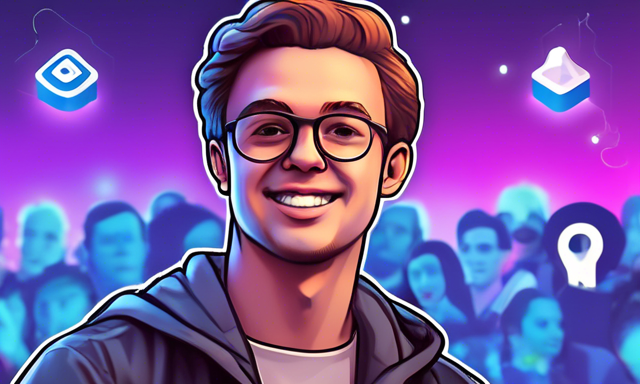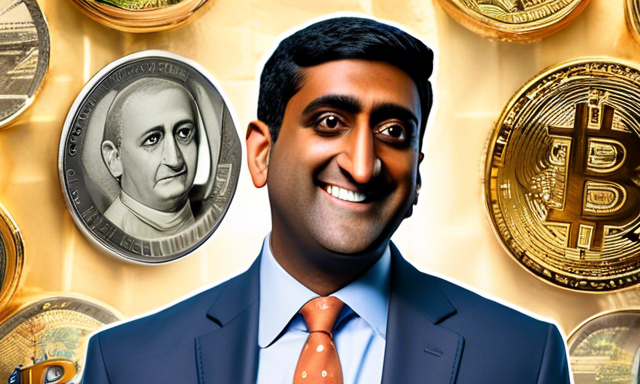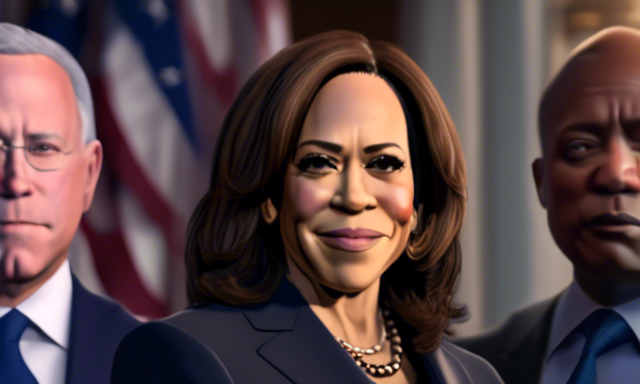Shifting Trends in Social Media and Decentralization 🌐
The digital landscape is continually evolving, marked by a pronounced trend toward centralized control influencing major social media platforms. Recent data highlights significant changes, especially in content management practices on platforms like YouTube, Instagram, and TikTok. As the need for user autonomy becomes increasingly critical, decentralized alternatives are emerging to offer new solutions.
Centralization in Social Media: A Growing Concern ⚠️
Statistics show that during the second quarter of 2024, YouTube took the substantial step of eliminating over 3.26 million channels from its service. This action raises red flags regarding the extent of centralized authority present in social media today. Similar censorship trends can be observed on platforms such as Instagram and TikTok, which frequently suspend user accounts without warning.
The issue of centralization became more evident in August 2024, when legal authorities accused Telegram’s founder Pavel Durov of enabling illicit activities, sparking concerns about user agency on such centralized platforms. The outcomes of these legal challenges remain to be seen, but they emphasize the need for alternatives that prioritize user control.
The Rise of Decentralized Alternatives 🚀
In light of these developments, decentralized platforms like Friendster and Nostr are gaining traction and showcasing how social media can be reshaped through decentralization.
Reimagining Friendster: A Comeback Story 🔄
Friendster, a pioneering social networking service established in 2002, enabled users to connect and interact extensively. However, it was eventually shuttered in 2015 due to struggles in maintaining a robust user base. Mike Carson, the current CEO of Friendster and the founder of Spaces Protocol, is now working on revamping the platform.
Carson shares that the new Friendster will utilize the innovative Spaces Protocol, permitting users to create and own domain names on Bitcoin, a significant shift from the conventional centralized systems of registration. “The objective of Spaces Protocol is to eliminate the need for registries and ICANN registration across social media. This will provide users the ability to create names on Bitcoin similarly to traditional domains, but this time, ownership will lie with the users,” he stated.
This new model offers promising flexibility; for instance, users can register a name like “@Bitcoin” and manage secondary names connected to it. Carson asserts that this decentralization guarantees that no central authority can revoke domain names, enhancing user control over digital identities.
Nostr: Empowering Users in a Decentralized Ecosystem ⚡
As Friendster gears up for its revitalization, another decentralized network, Nostr, is quickly gaining attention. Chris Castiglione, founder of the Web3 community app Console, points out that Nostr fully empowers users regarding their content, a stark contrast to traditional platforms. The setup requires users to generate unique credentials, ensuring they maintain complete access to their accounts without external claims.
All user-generated content can be replicated and stored on various relays, which are small Nostr servers that can be operated by anyone. Nostr has also established itself as a prominent social layer for Bitcoin, incorporating features like micropayments and enhanced digital identity management. Users can support creators through small bitcoin payments known as Zaps, a feature that may soon be integrated into the refreshed Friendster.
Decentralization: New Frontiers in Digital Identity 🌍
Alongside Friendster and Nostr, other platforms are emerging with similar objectives of fostering user control over identities and profiles. Matthew Kaye, a representative of Intuition Systems, elaborates on how their platform enables users to craft their online reputations while allowing cross-platform control.
As echoed by Diego Alvarez, Chief Strategy Officer at Cyber, decentralized networks are essential for ensuring user ownership of their data and content. The pitfalls of traditional social media, where user data is held captive by centralized entities, can be avoided through the use of decentralized systems that empower users to retain control over their digital assets.
Future Challenges for Decentralized Social Media 🔍
Even with the promise of platforms such as Friendster, Nostr, and Cyber, the journey to widespread adoption of decentralized solutions is expected to be gradual. Castiglione acknowledges that the current lack of interest in decentralized alternatives presents a significant hurdle. Network effects favor established players, making it difficult for newcomers to gain traction.
Moreover, concerns around scalability, user experience, and data storage issues highlight additional barriers. The complexity of user interfaces can deter potential users from fully transitioning to these new platforms.
Nonetheless, the growing scrutiny surrounding centralized platforms, particularly in matters of data privacy and censorship, could provide the catalysts needed for increased adoption of decentralized alternatives. Industry experts speculate that significant shifts in user behaviors and attitudes may take place within the next five to ten years, particularly if centralized platforms continue facing regulatory pressures.
Hot Take: A Pivotal Moment for Social Media 🧐
As we witness the transformation of social media through decentralization, the prospect of allowing users greater control over their identities and personal data stands at the forefront of digital innovation. The emergence of platforms like Friendster and Nostr paints a vivid picture of a possible future where users can reclaim agency over their online presence. As the landscape of social networking continues to evolve, remaining informed about these changes may lead to broader discussions about user rights and digital sovereignty.
Overall, this year marks a crucial turning point in the discussion about how social media functions, with the potential for decentralized platforms to reshape the future.





 By
By
 By
By
 By
By
 By
By
 By
By